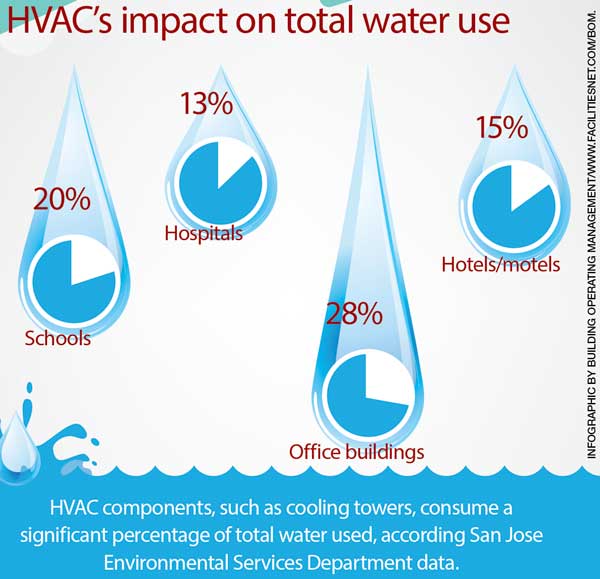Usual Errors To Avoid Throughout Heatpump Installation
Usual Errors To Avoid Throughout Heatpump Installation
Blog Article
Written By-Garrison Cassidy
When mounting a heat pump, you have to stay away from typical errors that might endanger its efficiency. Ignoring correct sizing may result in inefficiencies and higher utility prices. Disregarding insulation and securing can lead to power waste and pressure on the system. Additionally, positioning the outside device inaccurately may influence its performance. By avoiding these mistakes, you can make sure optimum working and durability of your heatpump system.
Improper Sizing of Heatpump
When it concerns the installment of heatpump, among the most usual errors is poorly sizing the unit for your room. Making sure the appropriate dimension is crucial for optimal performance. If the heat pump is also tiny, it will certainly battle to heat or cool your area effectively, bring about increased power expenses and possible wear and tear on the system.
On the other hand, if the heatpump is also large, it will certainly cycle on and off regularly, causing temperature level fluctuations and minimizing its lifespan.
To prevent this error, it's important to have an expert examine your area and recommend the appropriate dimension of the heatpump based on factors like square video, insulation, ceiling height, and regional climate. By spending the moment and effort to make sure the right sizing, you can enjoy a comfy environment while making best use of energy effectiveness and extending the life expectancy of your heatpump.
Inadequate Insulation and Sealing
To ensure the reliable procedure of your heat pump, it's essential to address insufficient insulation and securing in your room. Correct insulation helps maintain a consistent temperature inside, reducing the workload on your heat pump. Inadequate insulation can lead to power loss, making your heat pump work harder and less effectively.
Sealing any spaces or leaks in your space is just as important. These gaps allow conditioned air to run away and outdoor air to permeate in, forcing your heatpump to make up for the temperature changes.
Inaccurate Positioning of Outdoor Unit
Resolving the positioning of your heat pump's outdoor unit is crucial to enhancing its performance. Setting up the outside device in a wrong area can bring about effectiveness issues and potential damages to the unit.
One usual mistake to prevent is placing the exterior device too close to a wall or other frameworks. https://installing-hvac-ductwork75329.bloggerchest.com/30399576/the-partnership-in-between-climate-issues-and-heatpump-performance-together-with-advised-solutions can limit airflow, triggering the device to work more challenging to heat or cool your room, eventually minimizing its performance and life expectancy.
One more error to avoid is positioning the exterior device in direct sunshine. While https://sergioupjdy.mybuzzblog.com/10095270/use-the-benefits-of-accuracy-in-your-heatpump-setup-experience-a-thorough-technique-promotes-effectiveness-and-prolongs-the-lifespan-of-your-home-s-comfort-system is unavoidable, extreme exposure can lead to getting too hot, specifically during warm summertime days. It's ideal to position the exterior device in a shaded area to assist keep its optimum operating temperature.
Furthermore, ensure that the outside device is put on a steady and degree surface area. Unequal ground can create vibrations and unneeded pressure on the unit, impacting its efficiency over time.
Conclusion
Finally, preventing common blunders throughout heat pump installation is crucial for making best use of performance and long life of your system. By ensuring appropriate sizing, sufficient insulation, sealing, and appropriate placement of the exterior device, you can stop issues such as inefficiencies, boosted energy costs, and strain on the device. Making click the up coming web site to deal with these key variables will eventually save you money and time in the future.
